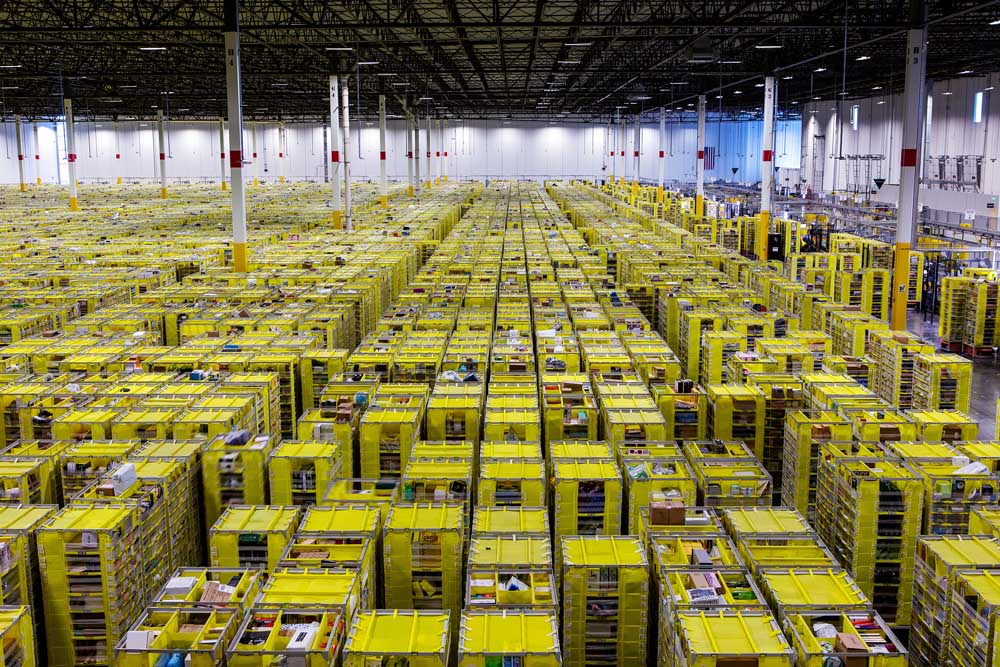Pennsylvania’s online sales tax is making millions
Published 12:00 am Thursday, April 25, 2019

- Shelves with products are organized and moved around inside of the Amazon Fulfillment Center in Carteret, N.J., Oct. 18, 2018. Pennylvania and other states are seeing increased tax revenues, a brnefit from a Supreme Court ruling and growth of online retail. (Demetrius Freeman/The New York Times)
Taxes on internet sales have created a small windfall for Pennsylvania, according to state officials — thanks to a U.S. Supreme Court ruling and the rapid growth of online retail.
The state’s Department of Revenue initially estimated that tax revenue from marketplace sales would total $50.5 million in the current fiscal year. But between the start of the fiscal year in July and the end of March, the state has already raised $151.4 million.
Through the end of the current fiscal year, officials expect to earn $200 million — nearly four times more tax revenue than initially expected.
Here’s how that happened:
Pennsylvania expanded sales taxes to online marketplaces with a law that Gov. Tom Wolf signed in 2017.
Under that law, third-party sellers who use websites such as Etsy or Amazon marketplace to facilitate their businesses have to collect sales taxes.
With the law’s passage, the state began notifying sellers and increasing enforcement for online sales taxes.
Prior to that law, Pennsylvania already taxed other online sales, including digital downloads such as purchases of e-books and music.
The U.S. Supreme Court issued an opinion in June in South Dakota v. Wayfair, a case challenging South Dakota’s online sales tax law.
The ruling overturned a decision by the court requiring businesses to have a physical presence in a state in order to be subject to sales taxes.
Matthew Knittel, director of the state’s Independent Fiscal Office, said the Supreme Court ruling, coming soon after Pennsylvania’s own law, likely helped raise awareness among sellers about collecting taxes.
“I have no doubt it boosted the revenue collections,” Knittel said.






